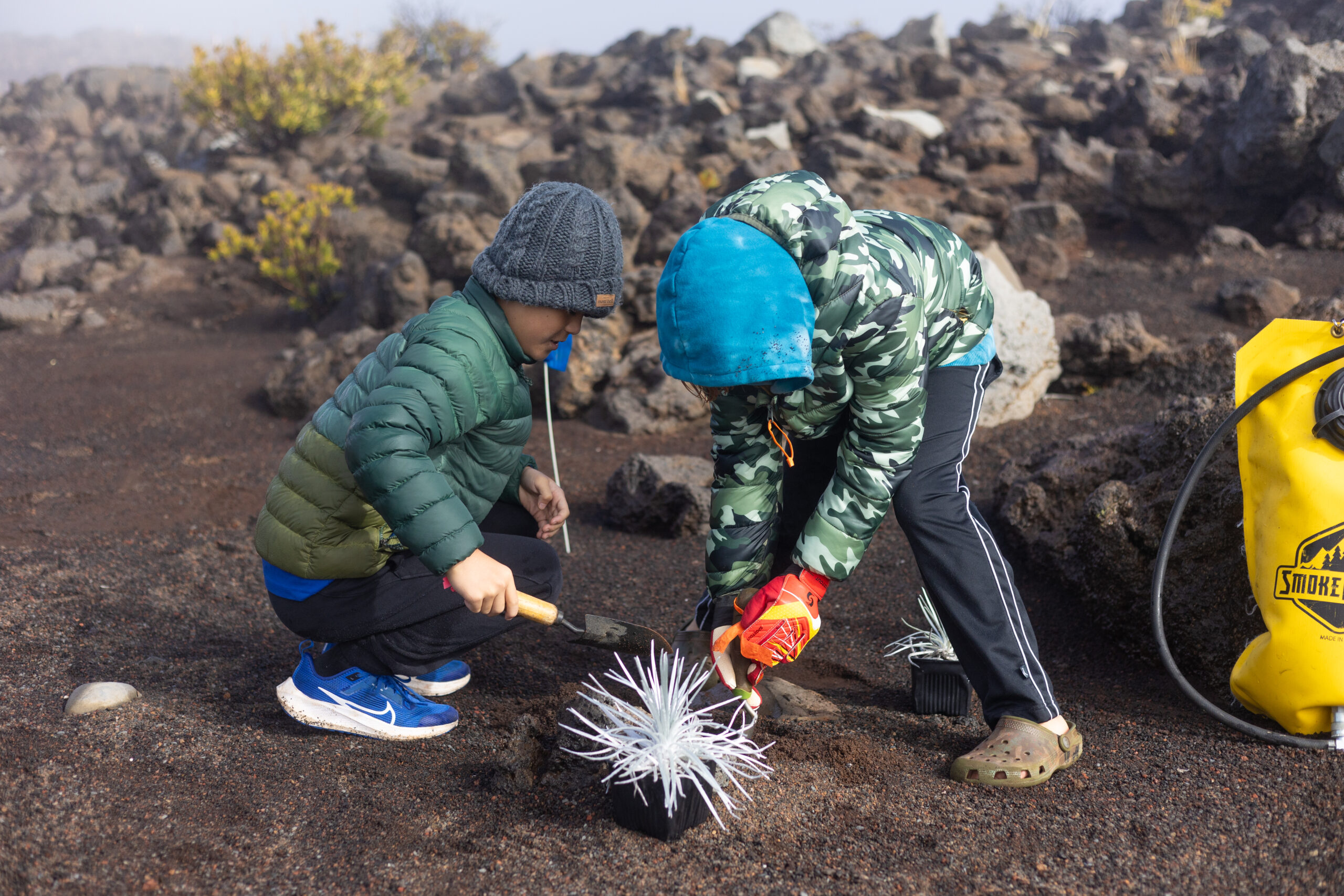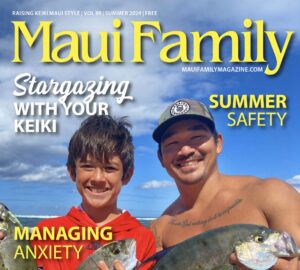
Going out experiences provide immeasurable benefit to the child. In fact, as suggested by Richard Louv, author of Last Child in the Woods, “An environment-based education movement– at all levels of education– will help students realize that school isn’t supposed to be a polite form of incarnation, but a portal to the wider world.” This idea of integrating experiences for children to engage with nature while in school offers meaningful learning about ideas first introduced in the classroom.
Field trips for the sake of fulfilling these types of childhood schooling experiences do provide value. They simply ensure that children move, that children engage socially in ways that exist outside the regular classroom environment, and that children grow their emotional intelligence because field trips place the classroom in new and often unfamiliar environments. When directly related to past and present learning that takes place in the school classroom, field trips and going out experiences engage children in activities that bring theory to life, making it tangible, and helping to shape their world view.
In one instance, students from Montessori School of Maui found themselves atop Haleakalā
taking action to help preserve the environment critical to silversword survival. Learning first inside the classroom about biomes, habitats, and the many microclimates that exist on Maui, the students stepped out and into one climate specific to the silversword—the unique plant that lives only on our beautiful volcano. The experience lent much to our students as they learned to better understand the role they play in stewarding care of their environment, not only those that are most easily accessed but also those located elsewhere.
Assuredly, many schools take advantage to create going out experiences for their students. Not only are these fun and afford flexibility toward normal school routines, they provide intellectual, social, and emotional growth opportunities to students. According to research evidence delivered by Maria Montessori, she showed that learning is didactic. “Growth comes from activity, not [only] from intellectual understanding.” This should be encouraging for teachers who seek to provide experiences that enhance and provide relevance to the curriculum taught in the classroom, and the experiences they help their students gain while engaging in daily life.
Eric Dustman is the head of school of Montessori of Maui. Visit momi.org if you’d like to learn more.



